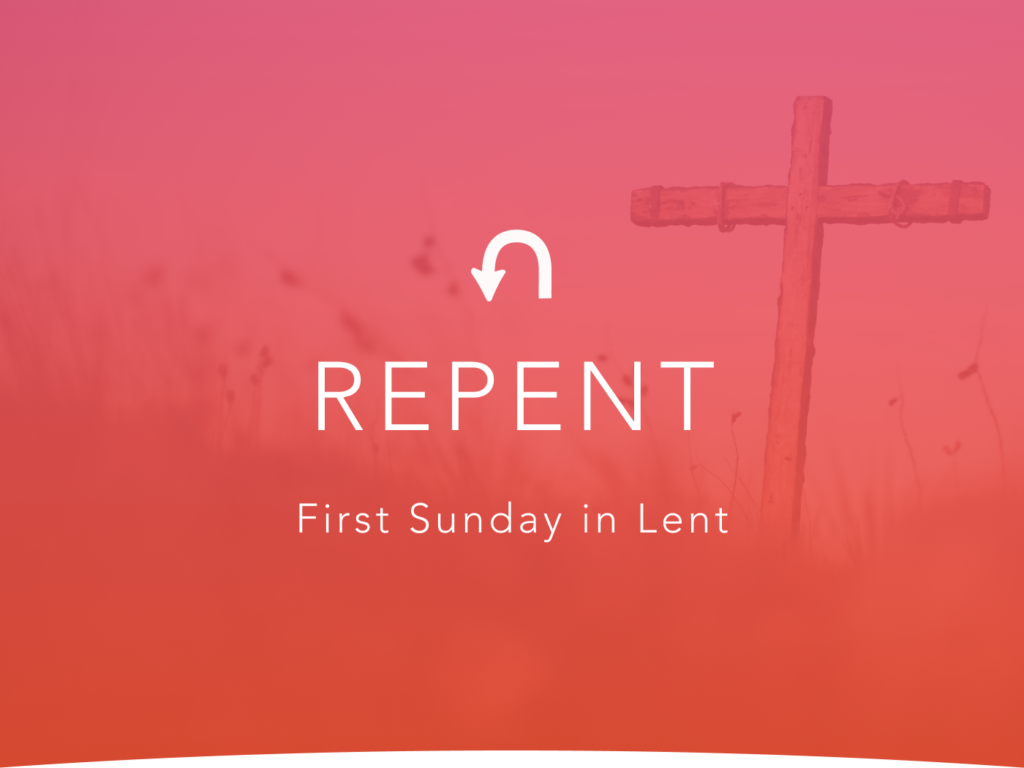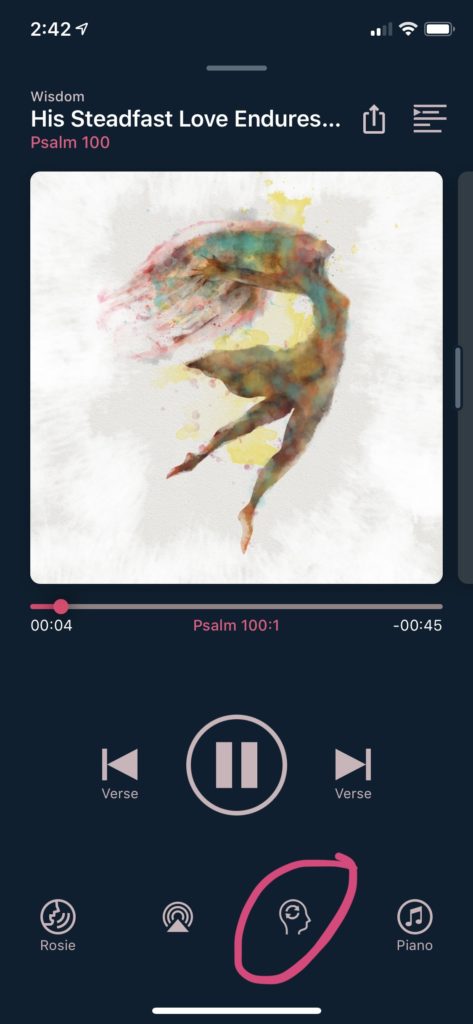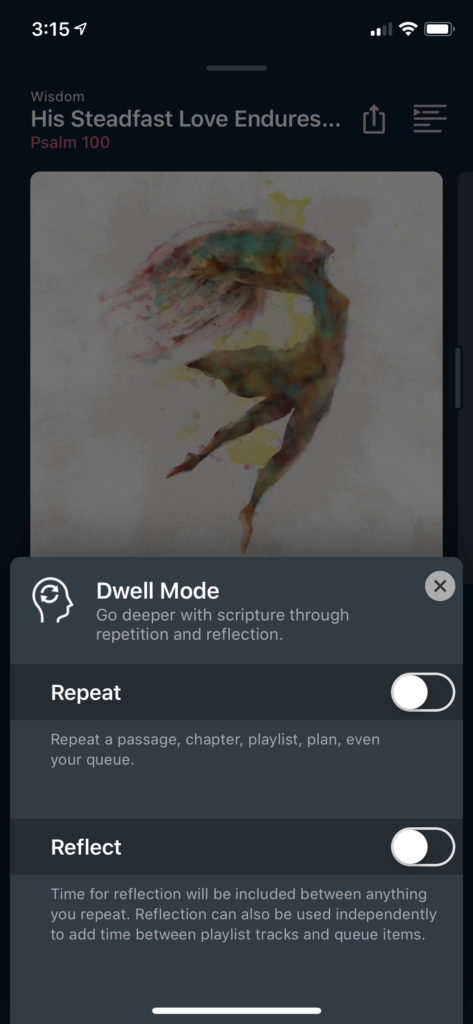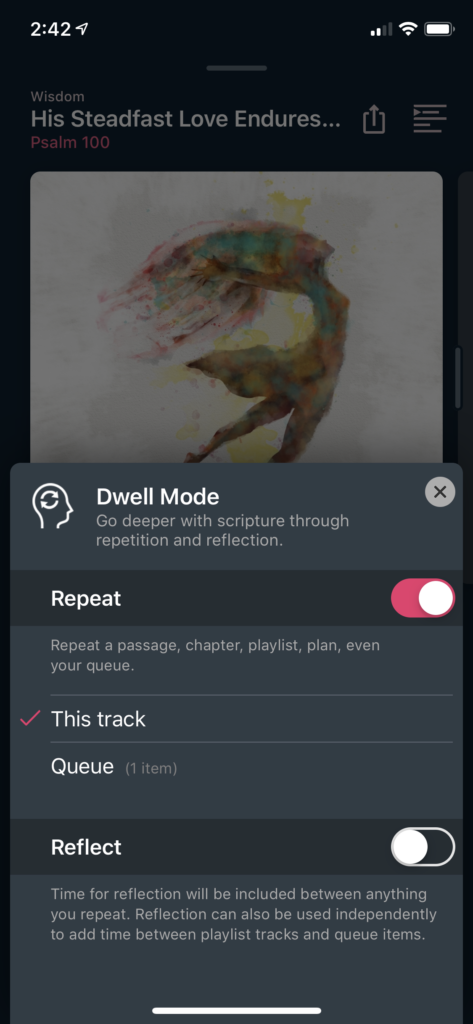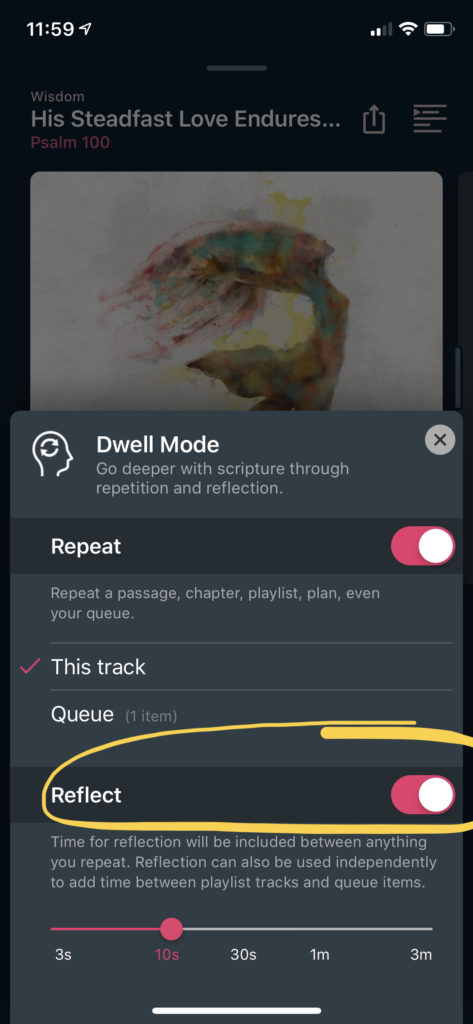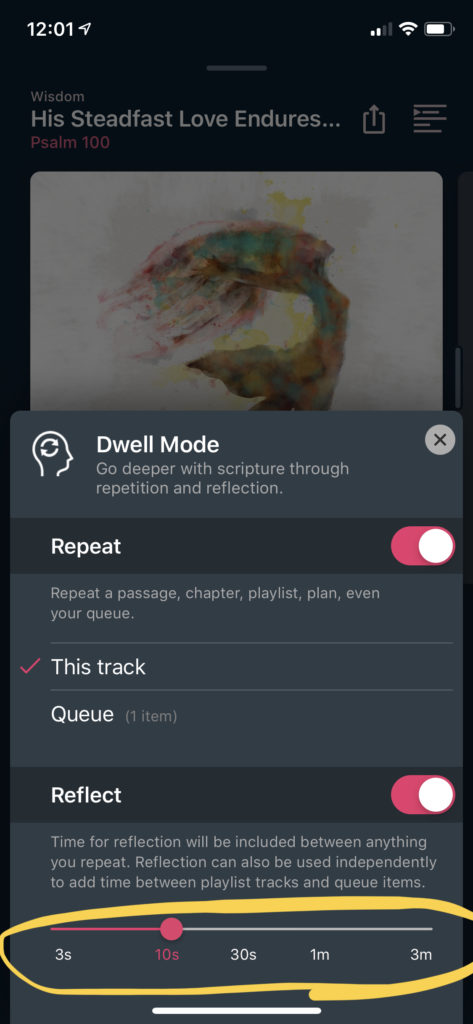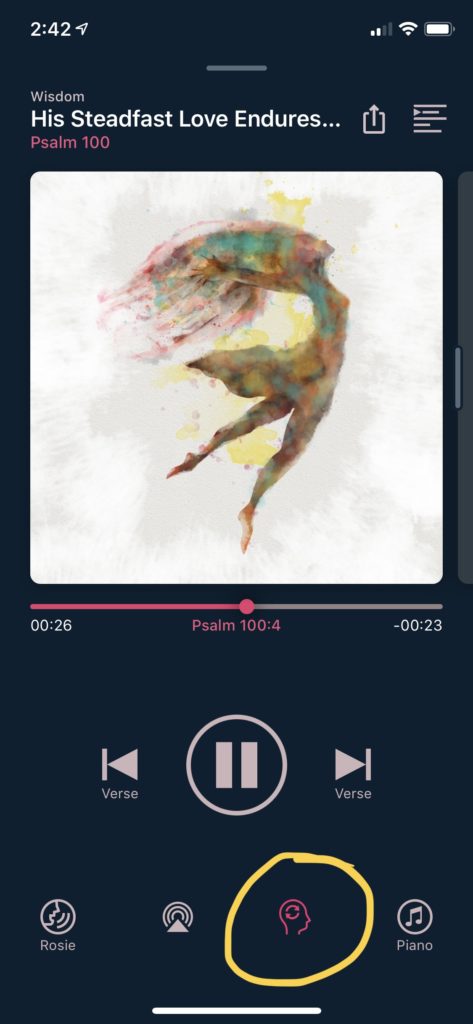Should I Pray Written Prayers?
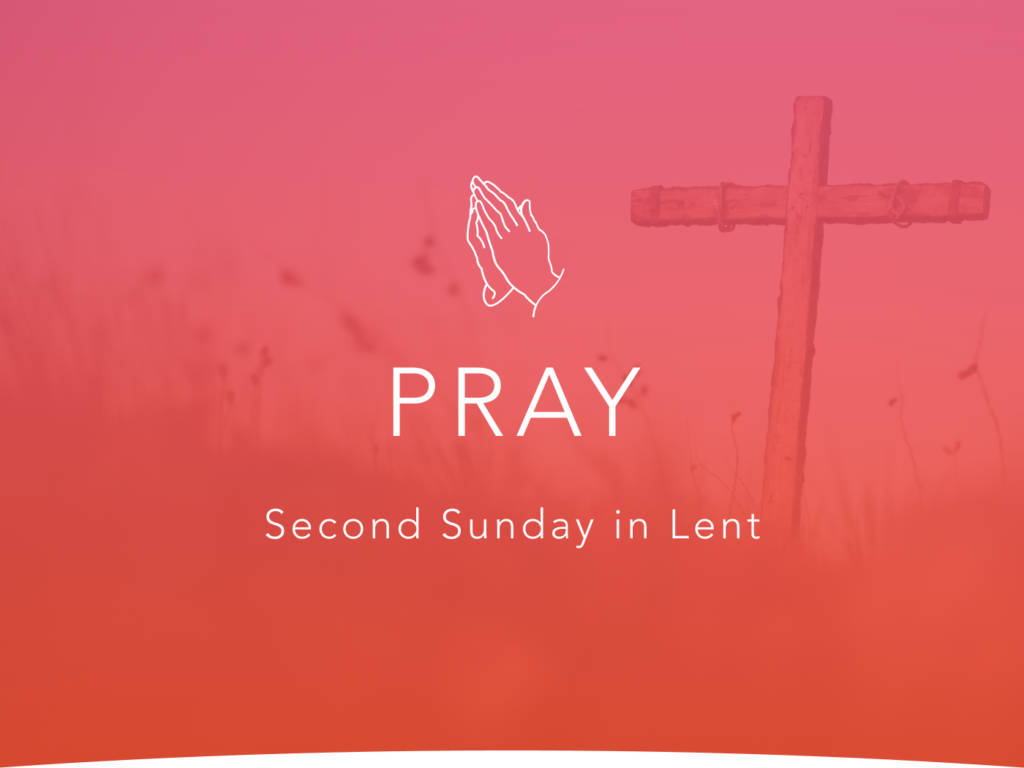
If you’ve dipped your toes in the Lenten waters, you’ve likely noticed that prayer is a central part of this journey.
We pray prayers that spontaneously rise up in our hearts, yet we also pray as we listen to the Bible, with saints and heroes of the faith, and using traditional prayers that help us walk through each week of Lent in a posture of attentive listening to the Lord.
If you aren’t accustomed to this practice, praying prayers written by someone else might feel a bit weird. These prayers may feel stale, impersonal, or detached from the everyday experience of life. You might say, “How can someone who lived hundreds of years ago possibly know what I’m feeling in this present moment?” If you can suspend your skepticism for just a moment, the answer might surprise you.
Written prayers train and inform our spontaneous prayers. And be careful, before you know it, these “stuffy” prayers just might become a prayer of your heart!
If we’re honest, we don’t exactly know how to pray well. Very few of us would be so bold as to claim expertise in this area. In fact, Jesus’ own disciples struggled with prayer, so at least we’re in good company.
Do you remember how Jesus responded when his disciples expressed their struggles with prayer? Did he tell them to pray whatever came to mind, or to only pray in times of crisis or great need? No, believe it or not, Jesus gave them a “written” prayer: “Our Father, who art in heaven…” (Mt 6:9)
It is essential for us to engage our hearts in prayer, but our hearts are not always trustworthy guides and often need to be helped in the right direction. We can be consumed with our own desires, and so we must learn to pray “thy Kingdom come” before we begin to pray “give us this day.” We say “hallowed be thy name,” which leads us into the contrition of “forgive us our trespasses.” Whether it is the Lord’s Prayer, or the countless prayers based upon it, consider the ways the Holy Spirit might be at work today in and through these ancient words from the past!
Prayer of the Week
O God, whose glory it is always to have mercy: Be gracious to all who have gone astray from your ways, and bring them again with penitent hearts and steadfast faith to embrace and hold fast the unchangeable truth of your Word, Jesus Christ your Son; who with you and the Holy Spirit lives and reigns, one God, for ever and ever. Amen.
Prayer for the Second Sunday in Lent

Key Passage for the Week
Then he called the crowd to him along with his disciples and said: “Whoever wants to be my disciple must deny themselves and take up their cross and follow me. For whoever wants to save their life will lose it, but whoever loses their life for me and for the gospel will save it. Mark 8:34-35 (NIV)
What to Listen to This Week
Prayer is the heartbeat of our life with Christ. If we cease to pray, we cease to know the Lord. We may know a good deal about him, yet prayer moves us from disembodied knowledge into an intimate encounter of his mercy and love.



